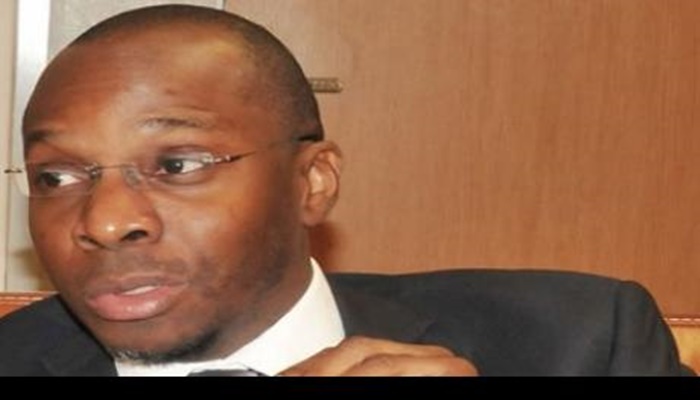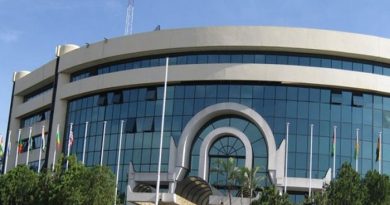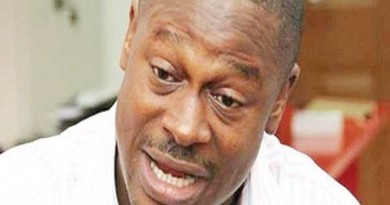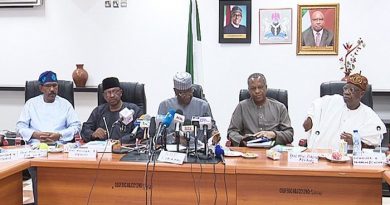Nigeria lowers 2016 forecast, expects economy to shrink 1.3%
The National Bureau of Statistics (NBS) has said on Wednesday that Nigeria’s economy is likely to shrink by 1.3 percent in 2016 a sharp downward revision of its estimates which was said to have been prompted by sharp falls in the naira after dollar peg was dropped, Reuters report.
According to Reuters’ report monitored by Business247 News Online, the NBS had predicted the Nigerian economy to grow by 3.8 percent in 2016, but low oil prices have hammered the government income and the naira, and recession first appeared in the second quarter with 2.1 percent contraction.
A contraction in 2016 would mark Nigeria’s first year of recession in 25 years. NBS head Yemi Kale said the economy was likely to shrink in the third quarter.
The International Monetary Fund (IMF) already predicted in July that Nigeria’s economy would contract 1.8 percent this year.
The NBS had also revised its inflation forecasts, Kale said. Year-end inflation was estimated at between 17.1 percent and 18 percent, he said, up from 9 percent at the start of the year.
“All things remaining constant, year-end GDP should be around -1.3 percent from our internal model,” he told Reuters.
Prior to ditching the currency peg in June, Nigeria had fixed its exchange rate at 197 to the dollar. Kale said the new projection factored in the currency float.
The naira has hit record lows on the black market in the last month, weakening to as low as 485 per dollar. It has held firm at around 305 on the official market, supported by central bank interventions.
Nigeria’s economic growth started to slow by the second quarter of 2014 after an oil price collapse hurt government revenues and caused severe dollar shortages on the currency market.
Oil sales, which generate 90 percent of foreign exchange for the economy, contributed around 10 percent of Nigeria’s GDP directly and around 52 percent indirectly through its links with other sectors, Kale said.
A record 2016 budget of 6.06 trillion naira aimed at tackling the recession was based on generating non-oil receipts largely from widening the tax net and raising debt at home and abroad to augment spending. So far the government has spent 720.5 billion naira on capital spending.
But Nigeria has yet to raise funds abroad and revenue problems have been exacerbated by militant attacks on energy facilities, which have cut crude production by a third.
The debt office launched a roadshow to Britain and the United States to promote a planned Eurobond issue while the African Development Bank will this month consider a $1 billion loan to Nigeria to help cover its budget deficit.





Athekame Kenneth liked this on Facebook.
I intended to send you the tiny observation in order to say thank you as before for the striking tricks you have documented in this case. It has been incredibly generous with people like you in giving unreservedly all that numerous people would have sold for an e-book to get some dough for their own end, precisely given that you might have done it if you considered necessary. These tactics likewise worked as the easy way to understand that most people have the identical dream really like my personal own to understand somewhat more in respect of this matter. Certainly there are a lot more enjoyable moments ahead for those who scan through your blog.
Hey, you used to write fantastic, but the last few posts have been kinda boring… I miss your great writings. Past several posts are just a little bit out of track! come on!
Hello. magnificent job. I did not imagine this. This is a splendid story. Thanks!
2. Hope to see more of your work soon.
Awesome blog! Do you have any hints for aspiring writers? I’m hoping to start my own site soon but I’m a little lost on everything. Would you suggest starting with a free platform like WordPress or go for a paid option? There are so many choices out there that I’m totally confused .. Any ideas? Appreciate it!